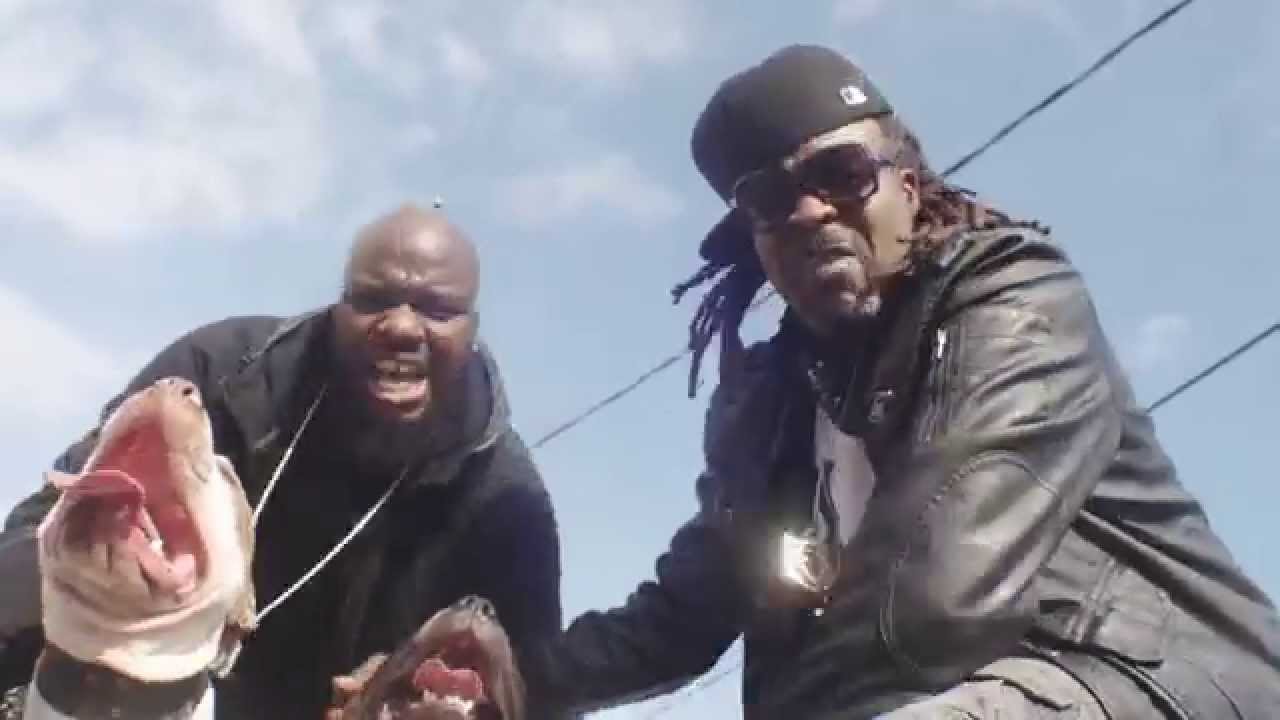“I am a singer and a rapper. I love Jesus and I’m a father.”
Music has always been a part of Christon Gray’s life. His mother was the lead singer at their church and his father was the choir director.
“I was five when I started to sing in the church.”
“I taught myself how to play piano.” Christon would steal the raps from his older brother Taelor and pretended they were his. He started to take music seriously at the young age of eleven. At that age, he put together singing, rapping, and recording to start making his own songs.
For eight years, he was a member of a local band that his brother was also a part of, The Elevationists. “It was much like The Roots. We had a live band everywhere we performed. Very musical, very conscious content.”
In 2012, Gray signed as a solo artist with Collision Records, releasing two solo projects with them until he left in 2014. After signing, he released a free project called Body Art. One of the songs on Body Art was called “Clear the Air.” His new album is called Clear The Heir.
“I didn’t know how many people would catch the reference.”
The introductory lines to “Clear the Air” said “Hey yo, I’ll never make the hip-hop hit list, cause I’m at the top of they hit list, and I ain’t trying to make hip-hop Christian, to get them out is the only reason I’m in this.” Gray believes that what he has stood for has always been counter-cultural.
“It caused me to be ostracized a lot when I left the popular arena of the space.”

Photo by Matelli Graves
This new album is “me clearing the air of my own life, clearing up any rumors from my personal life that have been put on display.” He also wanted to note how the Bible says that Christians are joint-heirs with Christ to Heaven. “I feel like God has called me to take over space. It’s just preparation.”
When writing past projects like Body Art and School of Roses, he thought of himself as a character in a movie.
“I just feel like now my life is a film that I get to watch… I thought it was worth documenting through the music what has actually happened in the journey and what I’ve learned from it.”
Clear The Heir speaks about life after divorce, addiction, and coming to a major record label, among other topics. It features Brian Reith, JGivens, Tragic Hero, and his brother Taelor Gray, among others.
“You and I (Samson’s Lament)” wants to encourage to “Christians [to] feel the permission to be human.” He wants people to let go of a mask of trying to be perfect and flawless.
“I want them to see someone who represents Jesus who is not afraid to be viewed in any light, but also one who is defending the faith and being vulnerable and honest.”
On his previous album, Christon Gray released a hit single “Stop Me.” It has been used by HBO, ESPN, Fox Sports, and Honda. In addition, it has also been part of a major movie trailer for Rampage starring Dwayne Johnson and is the introductory song to the video game Madden 19.
“I didn’t feel any pressure to make another Stop Me… Stop Me was really written in a time where I was really afraid of what success meant to me.” He didn’t want success to inflate his ego. “Since life has changed so much from The Glory Album, I’m now being presented in a new light. I’ve been challenged with the same opposition, but I’ve chosen to never call time out.”
He refuses to give up and throw in the towel. This was the inspiration for his big-sound single “Time Out.” “We have something to achieve and there’s no time to actually sit down and second guess… [it is] another anthem for believers that we are not called here just to experience salvation but to build God’s kingdom and prepare for his [second] coming.”
“Grow Up” is a journey into maturity “and what it looks like to have an ego.” Though the song is not autobiographical, Gray incorporates life experiences, taking it back to his youth in the 90s. “You kind of take people on a journey of things that they may remember, like passing notes to a girl or guy in class and getting in trouble.”
“Growing up is still a journey for all of us and it can be a fun journey if we reminisce on it.”
“Ride the Wave” is a depiction of a dating or marital relationship in 2018. “Commitment is a different thing for people these days.” Considering the rise and prevalence of online dating sites, he noted “I entered into my current relationship via social media.”
“Divorce was crippling for me. How it affected me psychologically and how it affected me emotionally and how that turned into a worsening of my addiction.”
Gray said that during that time, he was surrounded by disasters in almost every area of his life. “It created this wave like a tidal wave. What I’m saying in this song is that to my fiancée Shana, I’m telling her ‘I understand what you’ve gone through. I may not always show it. I may not always say it. I may have spent more time in the past year-and-a-half expressing the pain from divorce.’”
He wants to encourage men to know that the voice and concerns of their female partners need to be heard and understood.
“Together Forever” spoke about his divorce and path to an upcoming new marriage. “When you have to write a song, you sort of have to pick out the highlights from your life experiences.” Upon reflection of his writing, Gray realized “it’s actually a depiction of what you’re really gone through and how you feel about it.”
“There’s a lot of things that didn’t work out the way I wanted them to.”
He considers his history with Collision Records, Reach Records, and others and how they didn’t ultimately work out as he would have wished, as well as his marriage. “We all built this thing together. Whatever this came from, if that helps other people, we built it together and I hope that that actually remains, regardless of what happens in our relationships.”
Though some of Gray’s relationships with others within and outside of music failed, he says “I pray no bridges are burned. I pray that no love is lost, but I pray that we truly, spiritually stay together forever because we’re all in God’s family.”

Photo by Matelli Graves
“May 22, 2015” inspired his song “Seekrets.” On that date Gray recorded a voice memo in his phone. “I was still married. That would’ve been a clip of me sitting in my home studio at the time. My daughter would’ve been about to turn three and you just hear the raw, uncut reality of a situation.” In the recording, Gray was at home with his daughter and was trying to explain a song idea to someone.
“I really wanted to show people where it came from, what it felt like… It was the last song I had worked on before my life completely changed.”
The following month, Gray signed with Kirk Franklin’s record label. His church merged with another. His marriage began to deteriorate. “I started to see a lot of decline in my mental state and quite frankly, life started to catch up to me.” Going back to listen to that voice memo in 2018, he recognized an innocence, a calm before the unexpected storm.
“There’s a duality in my writing… it’s to show two sides. One is very bold. One is very confident. One is the rapper who knows that these are the things that need to be said.” The other side is a person who doesn’t understand where he is going and is trying to figure out how to move forward in life.
“Though the process is created from a very internal place… it speaks to a layer of secrecy.”
Gray is letting people into his personal life but maintaining his privacy by not sharing all the details.
He says that keeping secrets can be terrible for a relationship. “I think that we often wanna speak and we don’t wanna hear. If you want to know the true, deep understanding that needs to be found in relationships, it actually causes you to need to seek out the other person’s heart.”
From the beginning, “Take Me to the Water” was not intended to be a song that the public would ever hear. The song was written to be used for samples for other songs. “I like to create my own samples. There’s so much music in my head.” The more he worked on the song, the more he liked it. He described the song as “romantic worship.”
“God, I’m not sure how you feel about me. I know where I’m at and I know how I feel about You, but I need You to actually take me to the water and baptize me and clean me and I wanna feel how You feel about me.”
This is perhaps one of Gray’s most open, vulnerable songs he has ever written, saying to God in his lyrics, “was I worth the price You had to pay?”
The album concludes with “By the Way.” When Gray and his team were discussing how to end the album, they thought about a worship song or a hard-hitting hip-hop anthem. “We just chose to chill… we have a lot of topics that we’re talking about that were able to take front row in people’s minds and I’m whispering the truth to them on the sidelines.”
Outside of music, Christon Gray loves to spend time with his daughter and his fiancée. He also likes to play basketball and video games. Music is not his only artistic talent. He is also a painter and learned this craft in art school. “I’m finishing a series [of paintings] based on the album.” If you want to see his paintings, they will be offered on his online merch store in the future.
Follow Christon Gray on Facebook, Twitter, and Instagram.
Get or stream Clear The Heir here.





